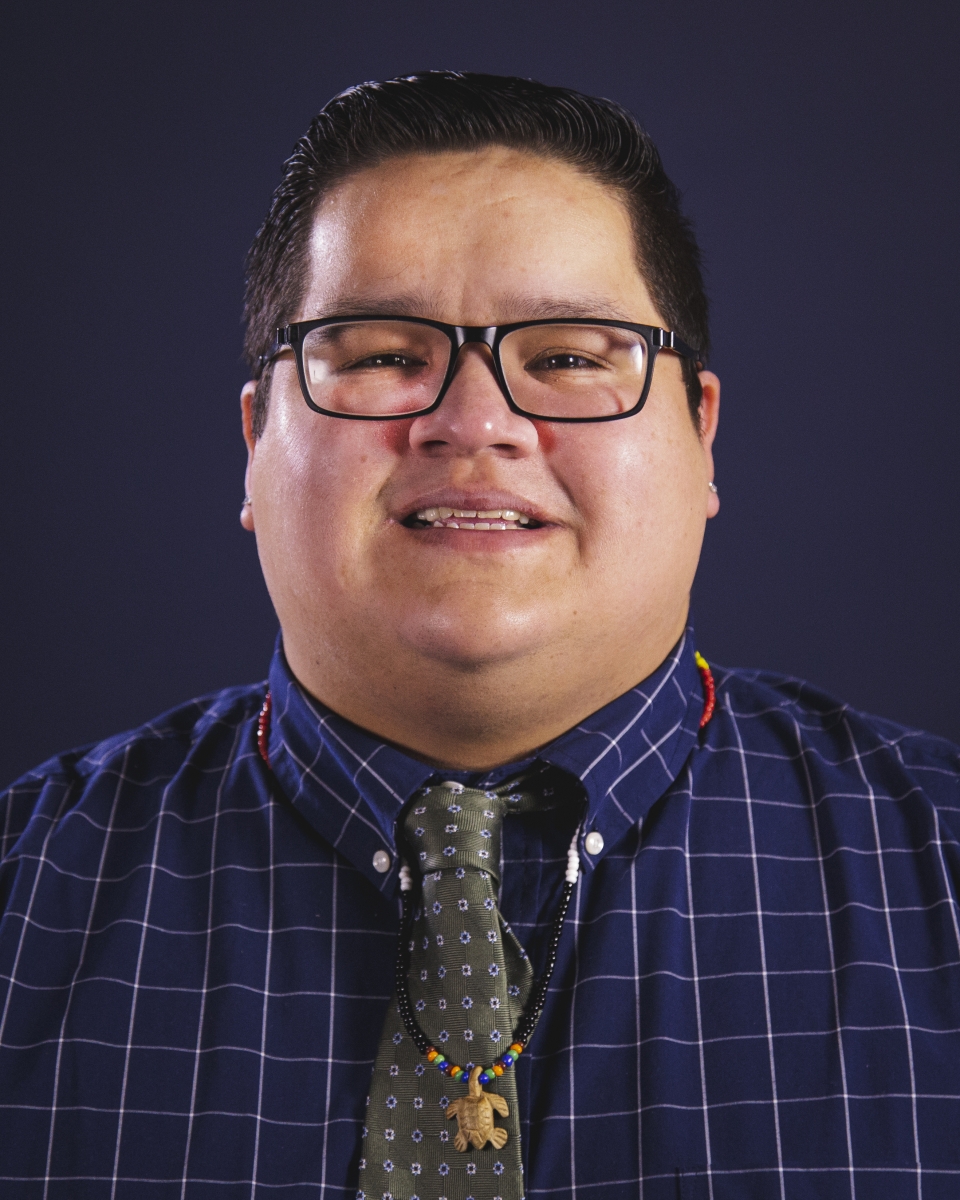 During a recent conversation with the Wisconsin Department of Public Instruction (DPI) American Indian Studies Consultant, David O’Connor, the concept of time kept surfacing as a way for him to explain how he thinks about the work he does. “I think about the people who are not here anymore and the people who are yet to come. I do the work I do every single day for my two daughters and all of Wisconsin’s students so they grow up in a better world tomorrow,” he said.
During a recent conversation with the Wisconsin Department of Public Instruction (DPI) American Indian Studies Consultant, David O’Connor, the concept of time kept surfacing as a way for him to explain how he thinks about the work he does. “I think about the people who are not here anymore and the people who are yet to come. I do the work I do every single day for my two daughters and all of Wisconsin’s students so they grow up in a better world tomorrow,” he said.
Situating Native American Heritage Month within such a defined expanse of time feels small; however, O’Connor believes it can add to the goal of integrating and infusing information about First Nations and tribal communities of Wisconsin into everyday teaching and learning experiences and opportunities.
O’Connor thinks and speaks in generations: he incorporates discussion about the treaties signed by his ancestors only a few generations ago into his current work while also providing a lens towards the generations ahead at the same time.
He is originally from and is a member of the Bad River Band of Lake Superior Chippewa (Ojibwe) in northern Wisconsin. This community, and the other communities of which he is a part, are where he begins all of his work with educators. It is in this sharing that he invites teachers to share their own stories and take advantage of the opportunity to learn about American Indian Nations and tribal communities alongside their students.
“I was born and raised on the Bad River Indian Reservation. I’m a lifelong resident of this state—both the reservation where I grew up and Madison, Wisconsin. These are my homes,” O’Connor said. Reflecting on all of the communities in the state and sharing stories and diverse perspectives are central to understanding how First Nations people and communities have always shaped and influenced society in the state of Wisconsin.
He focuses on teaching culturally--beyond the foods, festivities, heroes, and holidays. He was recently featured in a PBS Wisconsin Education video as an exemplar profile for the Wisconsin First Nations website, sharing how he works with educators to support their understanding of American Indian histories, cultures, and tribal sovereignty of all the American Indian nations and tribal communities of Wisconsin.
“I think storytelling is one of the most important things,” he says in the video. “I always tell teachers: don’t look at it from a lens of telling someone else’s story. Tell them your story … about why you are interested in this content. Once we have the opportunity to learn about other communities or people across our state, that’s how we truly understand what Wisconsin is all about.”O’Connor focuses on infusing that understanding beyond a day, month, or unit plan, taking a meaningful, interdisciplinary approach to American Indian Studies from the past to the present day. “We’ve always been here. We’re still here. And we will continue to be here. And we have so many more stories yet to tell,” he said.
For events and highlights of Native American Heritage Month, visit the Native American Heritage Month website.
To learn more about teaching about First Nations and tribal communities, see David O’Connor’s recent Houghton Mifflin Harcourt blog post, “Don't Just Teach About Cultures—Teach Culturally. Here's the Difference."
For more information, visit the DPI American Indian Studies Program website.